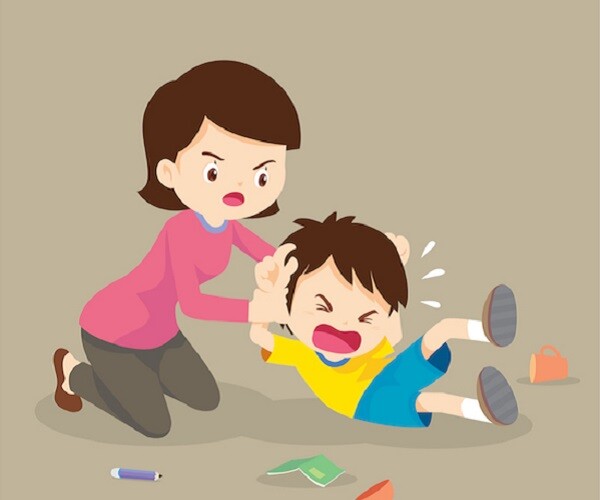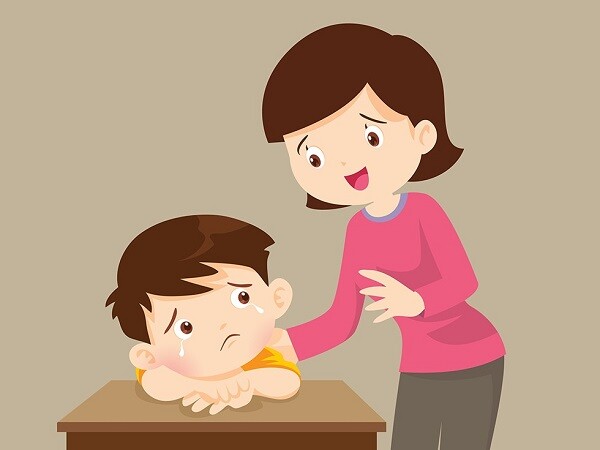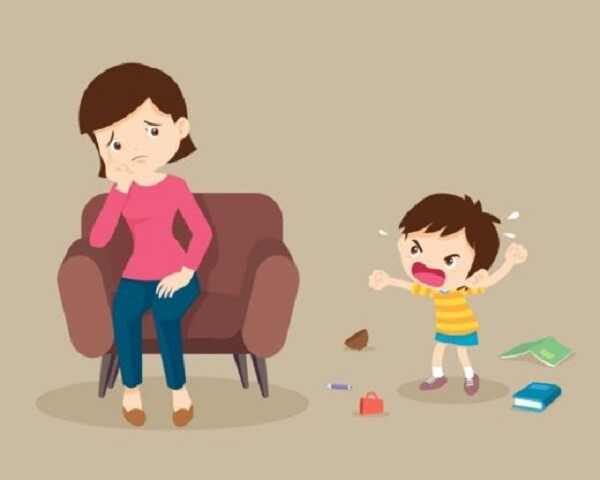However, reality often falls short of expectations, and some children seem to be “over-nurtured” – lacking independence, self-confidence, and interest in learning, and even appearing lost in social interactions.
Such phenomena are often not a unilateral issue of the child but a result of a combination of factors such as family environment and education methods. There are some common pitfalls that parents may fall into when raising their children, which need to be addressed.


Overprotection: Greenhouse flowers cannot withstand the storm
Xiao Ming has lived under the strict protection of his parents since childhood. They never allowed him to engage in any potentially risky activities. In high school, his parents even helped him pack his belongings and prepare his clothes.
While Xiao Ming consistently performed well academically, once he left the nest, such as attending summer camp or living in a college dormitory, he seemed lost and unable to adapt to independent living.
The instinct of every parent is to love and protect their child, but overprotection and spoiling can be likened to building a sterile greenhouse. While it may seem safe and worry-free, it deprives the child of the opportunity to face challenges, learn, and grow.
When these children step out of the greenhouse and face a complex and ever-changing social environment, they often struggle due to a lack of essential survival skills and psychological resilience.

Academic pressure and high expectations: Burdened wings cannot fly freely
Xiaohua’s parents are both intellectuals with high hopes for their son. They arranged a rigorous study plan for him from a young age, including math olympiads, English classes, piano lessons, and dance classes, leaving him little room to breathe.
While Xiaohua excelled academically, he became introverted, had few friends, and gradually lost interest in studying. He even showed signs of depression.

Academic pressure and high expectations.
Driven by the notion of “not letting their child start from behind,” many families fall into the trap of excessive educational pressure.
The high expectations and stringent demands of parents can feel like a mountain of pressure on the young child’s shoulders, making it hard to breathe.
Over time, this can not only diminish their interest and curiosity in learning but also negatively impact their mental health.
Education should be about guidance and inspiration, not coercion and indoctrination.

Lack of communication and understanding: Distance between hearts hinders the expression of love
Xiaoli is an introverted girl whose parents are often busy with work and have little time for her. As a result, the family lacks deep communication and connection.
Whenever Xiaoli tries to share her thoughts, her parents interrupt her, saying, “You’re still young and don’t understand.” Over time, Xiaoli learns to bury her thoughts, and the distance between her and her parents grows.

Lack of communication and understanding.
Effective communication is the bridge that connects the parent-child relationship. A family lacking in communication and understanding is like a desert where love cannot take root and flourish.
Children yearn to be heard and understood, but parental indifference or perfunctory responses can make them feel lonely and helpless.
Prolonged lack of emotional communication can lead to children becoming closed off, indifferent, or even rebellious, impacting their communication skills and emotional development.

Ignoring interests and individuality: Molding children into a template diminishes their uniqueness
Xiaoqiang is a curious and scientifically inclined child, but his parents believe that pursuing the arts is more “refined.” So, they force him to study painting and music instead.
Although Xiaoqiang works hard, he doesn’t find joy in it, and his grades gradually decline. He loses his passion for learning and life in general.
Every child is unique, with distinct interests, talents, and dreams.
However, some families tend to overlook this and try to mold their children into a “perfect template” that aligns with societal norms.

Ignoring interests and individuality.
This approach not only suppresses their true nature but can also lead them astray in the future, as they may never find their true calling. The true purpose of education is to explore, nurture potential, and help children become the best versions of themselves.
Each child is like a seed that, when given the right soil, sunlight, and rain, can blossom beautifully in their own unique way.
Behind every child who fails to reach their potential, there are often misunderstandings in family education.
Therefore, it is essential for parents to reflect on and adjust their parenting methods, giving their children the freedom and space they need, listening to their voices, and respecting their choices so that they can grow up strong, confident, and loved.
“Using Poverty to Teach Sons, Using Wealth to Raise Daughters: True or False? A Psychologist’s Perspective on Parental Misconceptions.”
“Use poverty to educate your sons and wealth to raise your daughters.” This age-old saying has its pros and cons, and understanding its implications is crucial for parents. A skilled psychologist sheds light on this dichotomy, offering insights to help parents navigate their children’s upbringing effectively.





































